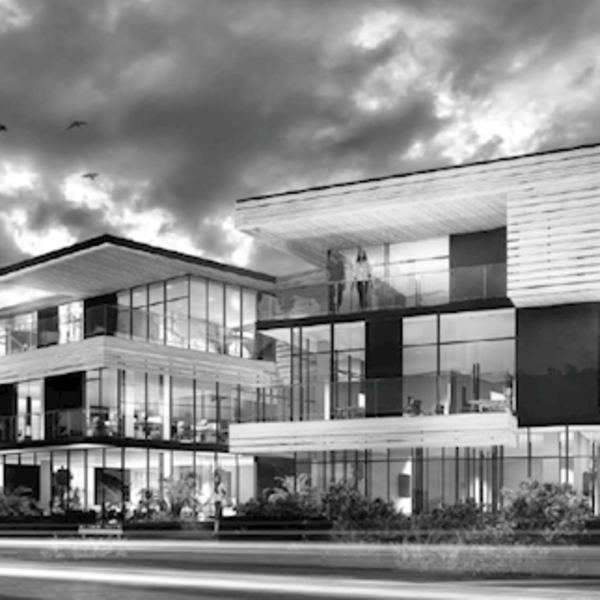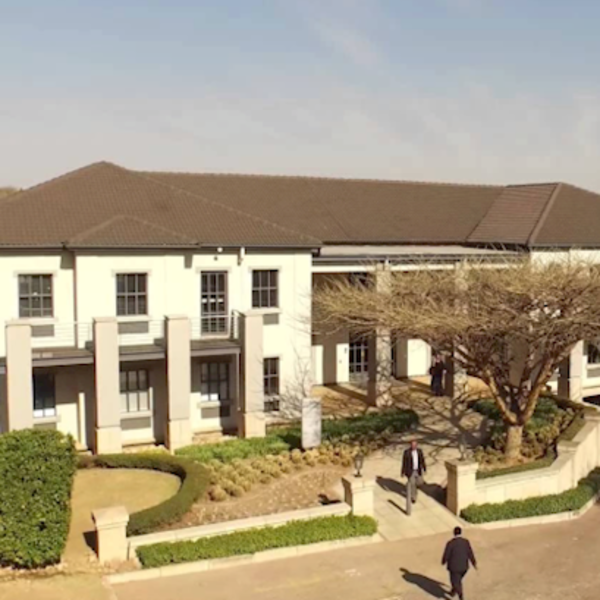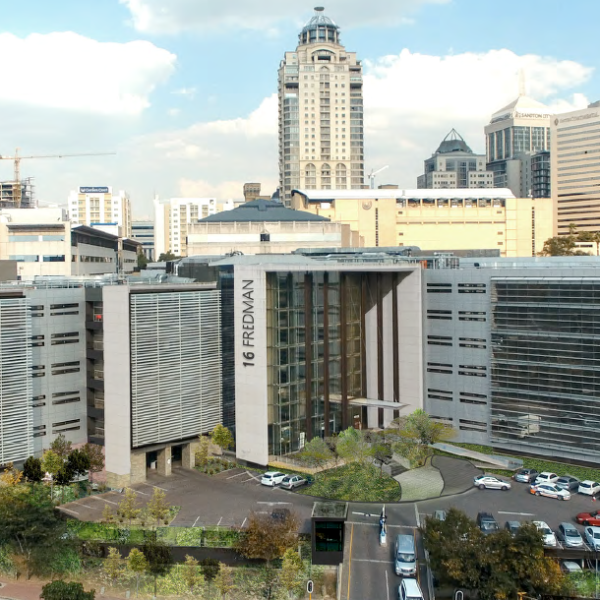Leasing commercial property
Property Insights
The idea of owning commercial property rather than leasing it continually comes up in discussion with tenants looking for commercial space - whether it's an office, showroom, factory or warehouse. However, there are several advantages to leasing commercial property that may well outweigh the benefits of ownership. In this article, we'll debate the some of the cases for both arguments.
Leasing commercial property offers you as the tenant greater flexibility because when the lease terminates, you have the option to move to newer, better-positioned premises. In most cases, commercial property leases in South Africa have annual escalations that are negotiated upfront with the landlord. Knowing what you'll pay upfront allows you to budget more accurately. It also helps you avoid the hassle and expense of having to set aside capital reserves for potential structural problems or destruction to the property and buildings.
Leasing commercial space may be a good option for your business in terms of freeing up capital in order to upgrade equipment or technologies, increase your staff compliment or even open another branch. If you were considering buying, high demand locations would be expensive and in most cases unattainable, while leasing in these areas may be better both from a flexibility and affordability perspective.
When it comes to tax, remember that all rental payments are tax deductible and are classified as operating expenses. Depending on the agreement with the landlord, some tenant installations including fixtures, fittings, dry walling and flooring can be depreciating improvements, which could reduce your business’s tax exposure.
Most of the disadvantages with leasing commercial property have to do with control of your work environment. For example, as your lease term progresses and the annual escalations kick up, a downturn in the market could leave you paying considerably above market rentals.
Another challenge is that you could have neighbouring tenants who do not comply with the rules of the property – and so noise, maintenance, cleanliness could all lead to a less attractive location for your business premises. Unless your landlord or property manager enforces the rules and regulations within your business park, this could become very frustrating.
When signing a lease, always be aware of ‘change of ownership’ clauses, which are these days fairly common. A new landlord may have a different vision for the business park on things such as redevelopment or renovations, which render the site unattractive for an extended period. Or, the landlord may want to maximise profit at the expense of quality and attractiveness of your premises.
Always keep these ideas in mind prior to committing to a new business address. Whichever option you choose, we would recommend using an experienced, qualified broker to assess various opportunities for your commercial property needs.
Related blog posts (4)

Covid-19: Can you get rent relief on your commercial property?
Commercial Property

Benefits to Leasing Commercial Property
Property Insights

Finding commercial space for your business
Property Insights

